NSW Farmers and the Country Women's Association say the state government's recently announced $50 million…
NSW Farmers welcome $100m bait rebates as mouse plague rages on
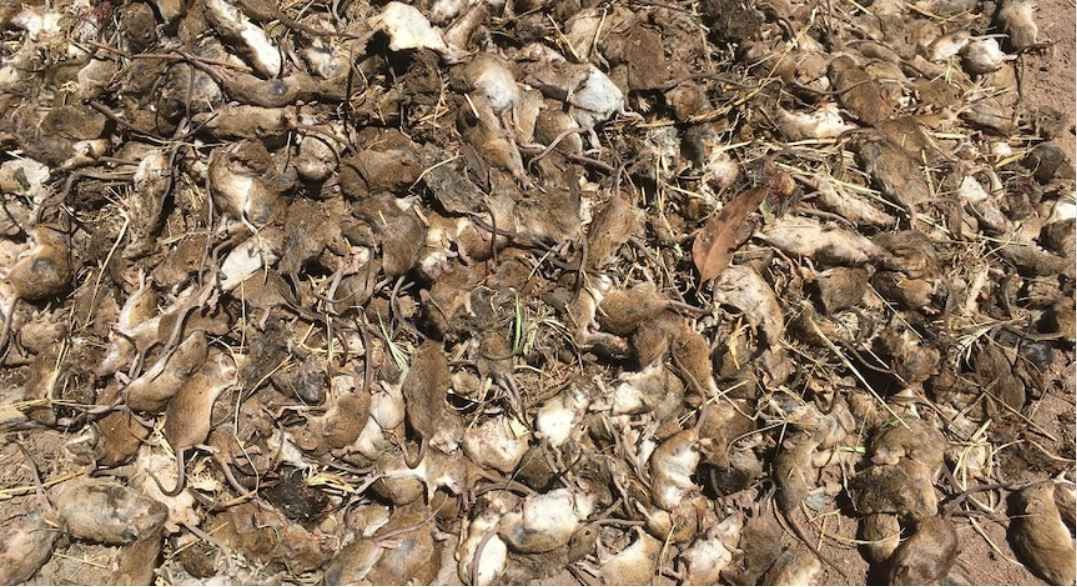
Primary producers will soon be able to access a 50 per cent rebate of up to $10,000 to help pay for zinc phosphide baits after the NSW Government tipped a further $100 million into its existing mouse plague assistance program.
The rebates will be delivered through the NSW Rural Assistance Authority and will be backdated to 1 February 2021. NSW Farmers will continue to update members on the rebate framework and eligibility criteria once that information becomes available.
NSW Farmers estimates the mouse plague has chewed out costs of around $1 billion to farm businesses in NSW through damage to summer crops and machinery, destroyed hay and grain stores and reduced winter crop harvest potential.
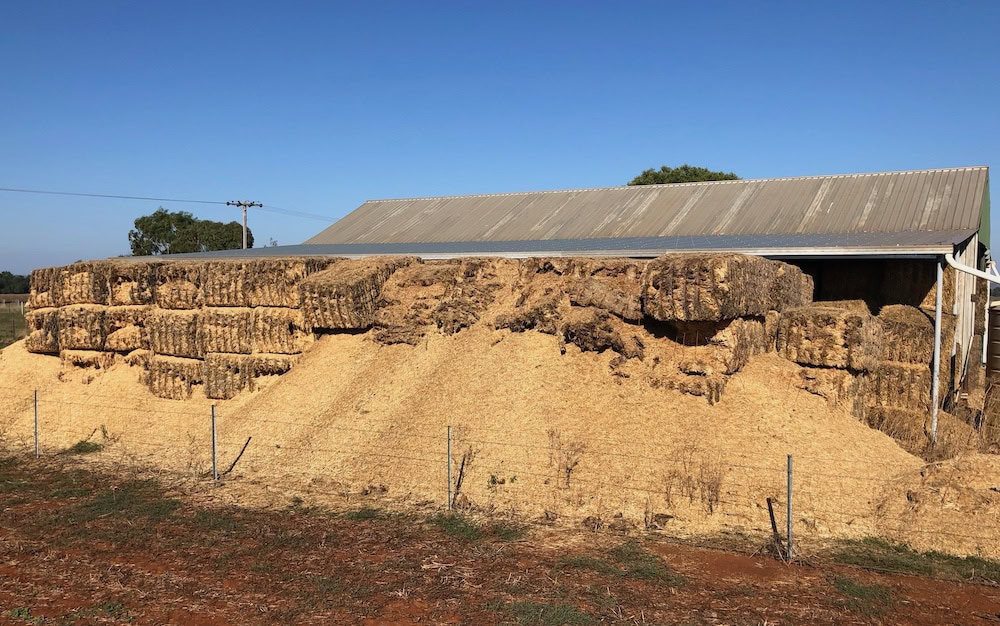
Despite widespread baiting efforts, the mouse plague is holding on and farmers are concerned it will be still going strong when the Spring planting season starts.
Last month, the NSW Government announced a $50 million assistance package that included $1000 rebates for small businesses and a $500 rebate for households. These have recently become available to apply for at ServiceNSW and farmers can apply for the $1000 small business rebate.
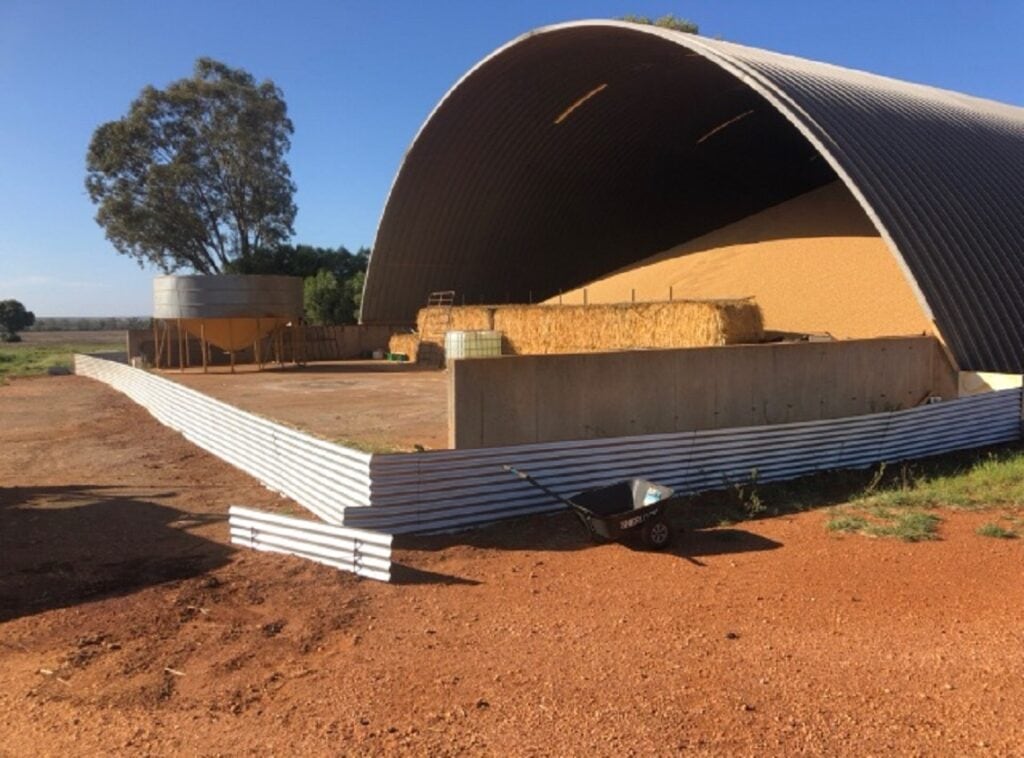
This first announcement came after NSW Farmers and Country Women’s Association (CWA of NSW) representatives travelled to NSW Parliament House to explain first hand the challenges the mouse plague was inflicting on those living west of the Great Divide.
CWA of NSW CEO Danica Leys said the relentless mouse plague has caused significant social and mental health impacts on farmers, their families and rural communities.
“A staggering 97% of the respondents to the NSW Farmers survey felt the influx of mice is affecting their stress levels making farm business decisions. People are having issues with sleeping, which we all know has a significant impact on mental and physical health.
“There are plenty of reports of people being bitten and mice also make their way into rain water tanks causing contamination of domestic water storages with different bacteria such as salmonella.”
CWA of NSW CEO Danica Leys
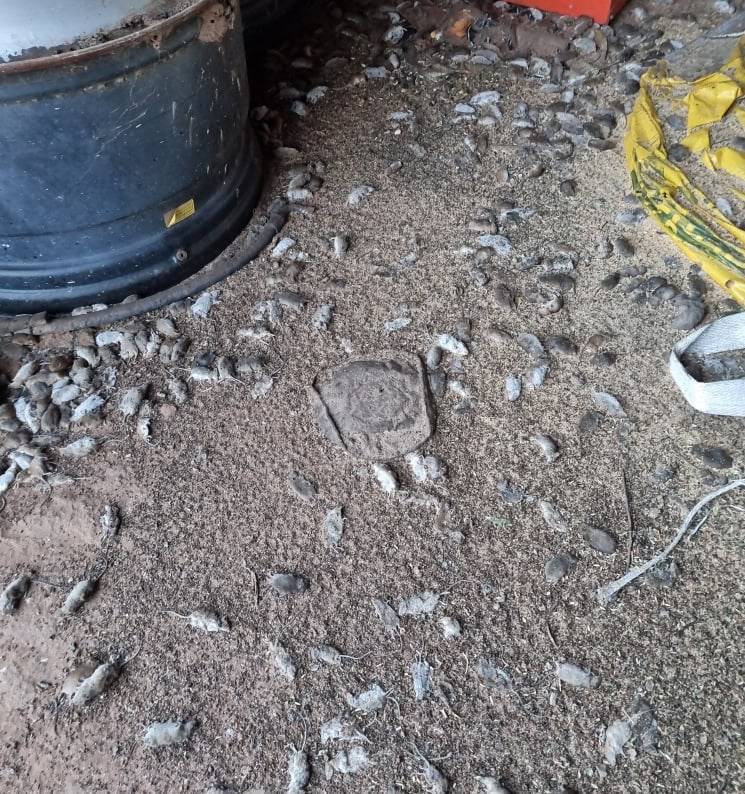
Mouse plague funding: an important step
NSW Farmers Vice President, Xavier Martin, said the additional $100 million funding is an important step in helping farmers manage the costs associated with this major mouse plague.
�The practical support measure of rebates for zinc phosphide was an initiative from NSW Farmers and we thank our many members for sharing their stories of the widespread impact of this plague,� Mr Martin said.
The NSW Government is now working with manufacturers to ensure zinc phosphide baits are earmarked for sale to NSW producers first. An additional $5 million has been allocated to cover transport costs of zinc phosphide to Australia.
�This funding is an important build on the $50 million already announced by the state government last month, which signified recognition of the problem but had some shortcomings in terms of practical benefits,� Mr Martin said.
With the lost revenue from destroyed crops continuing to rise, NSW Farmers is hopeful of tackling the mouse plague before Spring where it could possibly establish itself for another year.
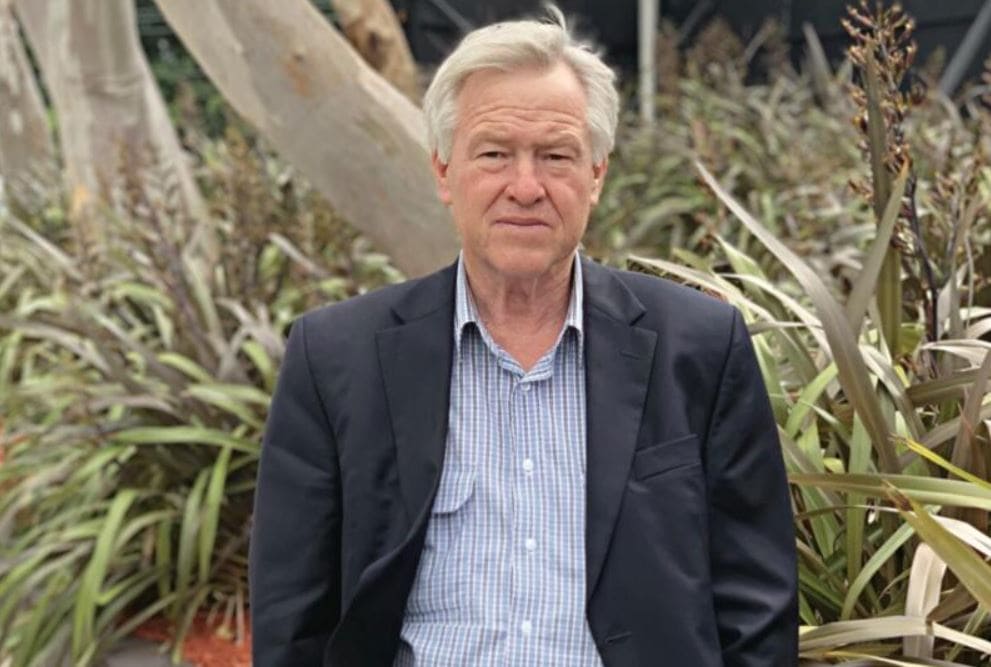
�Warnings from CSIRO and responses to a NSW Farmers’ survey on the plague indicate how dire this situation is. It�s the worst mouse plague for some time, and it could easily get worse without adequate intervention. There�s a need to make the rebates available immediately so farmers can control mouse numbers before spring,� Mr Martin said.
Joining forces
The NSW Rural Assistance Authority is now developing the zinc phosphide rebate framework. This will also include information on eligibility criteria and how primary producers can access the rebates.
�We look forward to working with government on behalf of our members and regional communities to hopefully ensure this plague is well under control before spring,� Mr Martin said.
�It�s promising to see the NSW Government listening to the bodies representing farmers and regional NSW on this issue.�
If you enjoyed reading this story, please check out an earlier story as published here when the mouse plague first broke out.


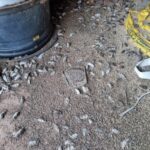

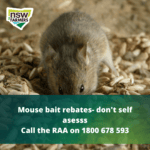

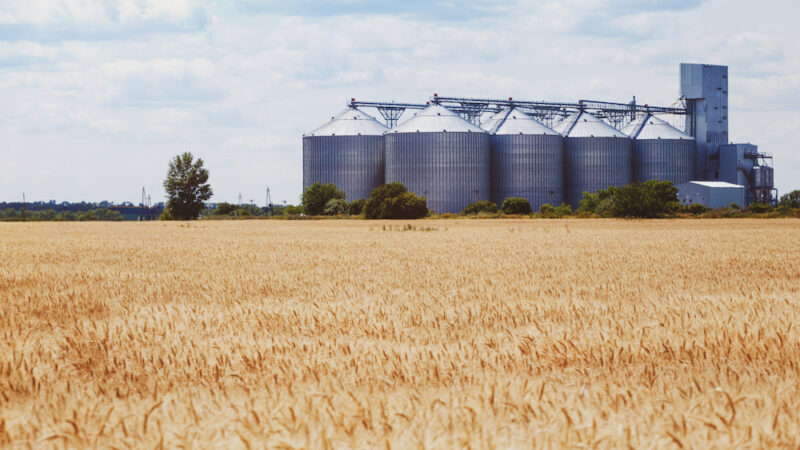
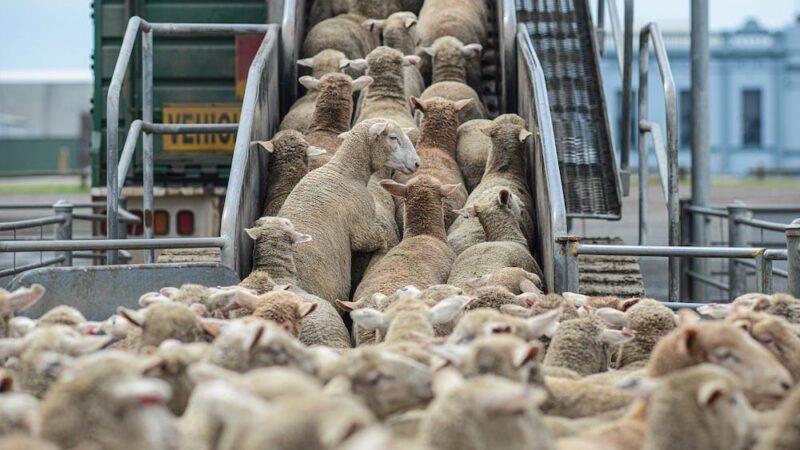

Hi…I was thinking about trying to suggest ways to fight this mouse plague. Recently I watched a movie that cemented my thoughts surrounding how to trap multitudes of these vermin into a single area then gassing them with, say vehicle exhausts. The movie related to rats!
If we could supply shipping containers (maybe multiple containers to a farm in need) with a single opening on the top with access to this opening by way of a baited narrow ramp at the base leading to the container�s smallish opening. The mice dropping through the opening with no escape but leading to tasty vermin feed – peanut butter/grain/seed/dairy, etc.
Once the container is loaded – think about the thousands it would trap, maybe more – then run a/the vehicle�s exhaust into the container. Container then loaded and dumped in a purposely graded hole. Later may even be a good fertiliser.
Regards
Mark B
0455293600